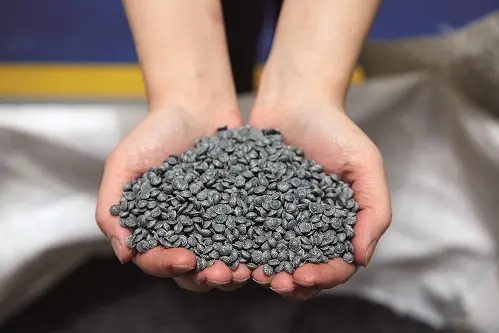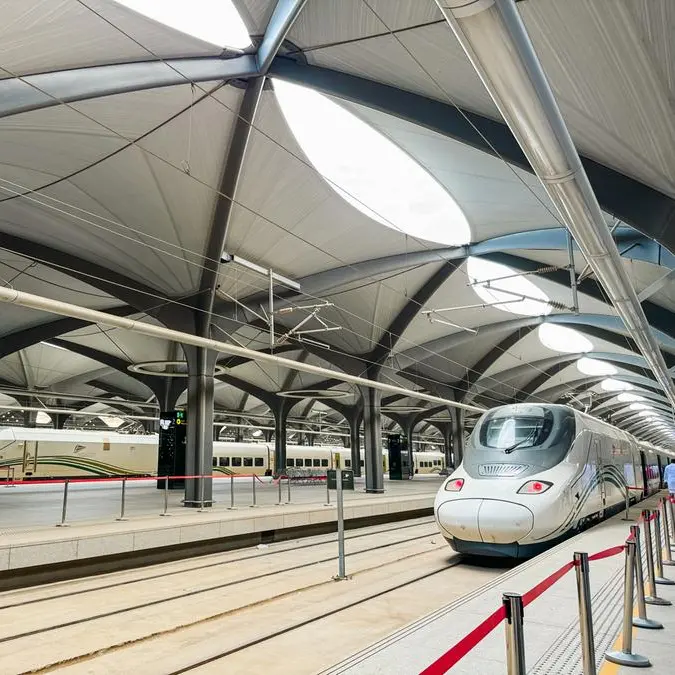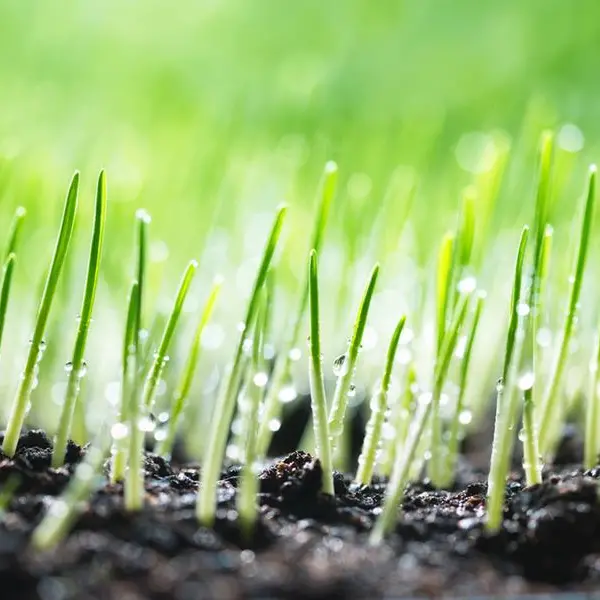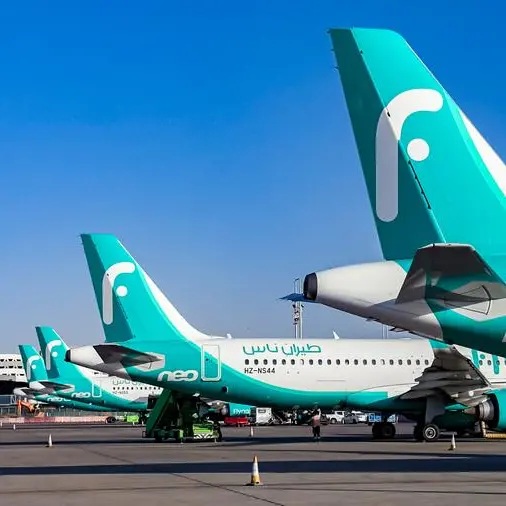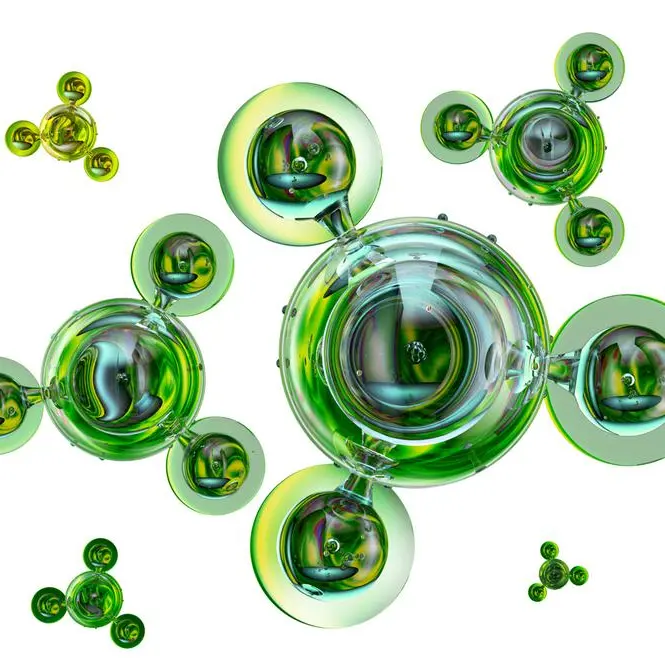PHOTO
Tetra Pak, the Swiss-Swedish food packaging multinational company, has had a strong presence in the Middle East for over four decades, providing processing, packaging, and automation solutions to most regional factories producing long-life products.
Niels Hougaard, Managing Director of Tetra Pak Arabia, said the company is committed to working closely with local and regional partners to develop sustainable solutions for the unique challenges of the region, ranging from repurposing food waste to investing in cardboard collection and recycling.
The focus is on creating circular economies, using resources efficiently, and minimising waste, he said in an emailed interview with Zawya Projects.
Excerpts from the interview:
What are Tetra Pak's plans for the Middle East for the next two years?
For over four decades in this region, Tetra Pak has been the leading supplier of aseptic carton packaging, widely used for long-life products such as milk, juice, and tomato paste.
Our products are consumed across 12 markets in the Arabia Area, including the GCC, Levant, and Iraq. Additionally, we provide processing, packaging, and automation solutions to most factories in the region producing these products, making us the primary supplier of plant equipment and responsible for a significant share of plant maintenance in these markets, ensuring smooth production.
We are committed to working closely with our local and regional partners to develop and implement sustainable solutions that address the region's unique challenges while ensuring food safety and availability for the growing population. Our efforts will be focused on creating circular economies, where resources are used efficiently, and waste is minimised.
How does Tetra Pak support the sustainability agenda of the countries it operates in the region?
Last year, we invested €40 million globally in cardboard collection and recycling. Locally, we have partnered with UPM, the UAE's leader in paper recycling. Together with partners, we are building a commercially feasible collection and recycling value chain for used beverage cartons (UBC) in the UAE. Our collaboration with UPM will increase the capacity and overall efficiency of UBC'sUBC's collection, transportation, treatment, and recycling systems. We will also assist UPM with the technology needed to install and operate a pulp line at their facility in Dubai and facilitate cooperation between waste management companies and UPM.
In Saudi Arabia, we have partnered with Obeikan Paper Industries (OPI) and Saudi Top Plastic Factory (STP) to increase the collection and recycling of carton packages, creating value from UBCs and establishing entirely new industries for packaging waste. With a joint investment of over €3 million, ‘RIYcycle’ project. recycle all the components of the packages collected in Saudi Arabia and neighbouring countries, such as Kuwait and UAE. The new line for carton recycling has an expected capacity of 8,000 tonnes a year, while the new plant for PolyAl has a capacity of around 4,000 tonnes of granules per year.
At Tetra Pak, we remain committed to safeguarding food, people, and our planet. We also intend to continue investing in sustainability as it is an integral part of our operations, and achieving Net-Zero emissions is our ultimate objective.
Could you share the key highlights of Tetra Pak's 2022 sustainability report?
The sustainability challenges highlight the need for a radical new approach to feeding the world while minimising the impact on the planet. Our 23rd Sustainability Report highlighted our achievements and ongoing initiatives in protecting food, people, and the planet. These include:
We achieved a 36 percent reduction in operational greenhouse gas (GHG) emissions, with 80 per cent of energy coming from renewable sources. Our solar energy capacity has been doubled to 5.55 megawatts. We are committed to reducing the carbon footprint of our best practice processing lines by 50 per cent by 2030 compared to 2019.
We sold 17.6 billion plant-based packages and 10.8 billion plant-based caps in 2021, saving 96 kilotonnes of CO2 compared to fossil-based plastic.
We are completing a commercial validation of a polymer-based barrier to replace the aluminium layer in aseptic cartons. Testing has also started on a new fibre-based barrier, a first within food carton packages distributed under ambient conditions.
Tetra Pak became the first carton packaging player in the food and beverage industry to launch a cap using attributed recycled polymers in partnership with Elvir, a subsidiary of the milk processor Savencia Fromage & Dairy.
We also collaborated with over five start-ups to develop innovative solutions to improve and develop fortified and nutritious food and beverage products and transform potential food waste into sources of nutritious food.
Lastly, how was business last year for Tetra Pak in the region?
During the Gulfood event in Dubai in November 2022, we signed two significant deals in Saudi Arabia and Iraq, totalling €18 million.
The first deal was signed with Saudi's Alesayi Beverage Corporation, providing state-of-the-art processing equipment to their greenfield facility in Jeddah. This facility is expected to produce 200,000 litres of beverages daily, starting from the first quarter of 2024.
The second deal is with Iraq's Alssad Company for Food, enabling us to offer end-to-end solutions for expanding their Baghdad facility. This facility will produce a long shelf-life fermented product that can be distributed at ambient temperature.
In October 2022, we signed an agreement with Nuitree Food, a UAE-based company that is part of the Sheikh Mohammed Bin Abdulla AlQasimi Group of Companies. This agreement established a specialised plant-based manufacturing facility in the UAE, providing comprehensive end-to-end processing and packaging solutions.
(Reporting by Anoop Menon; Editing by Bhaskar Raj)
